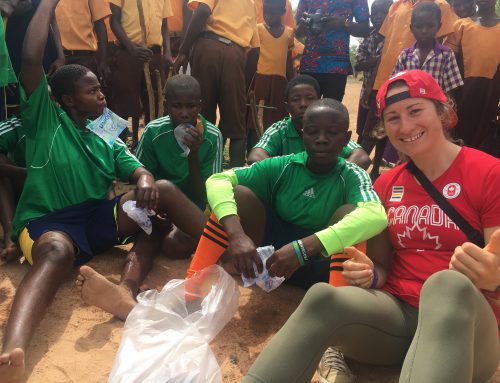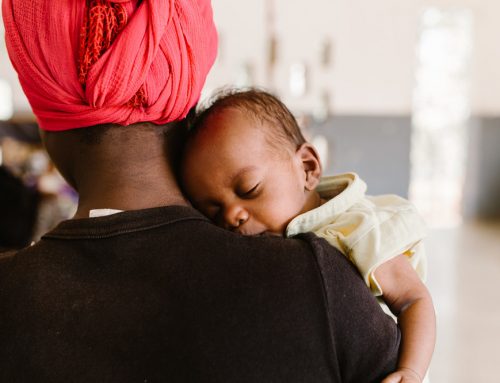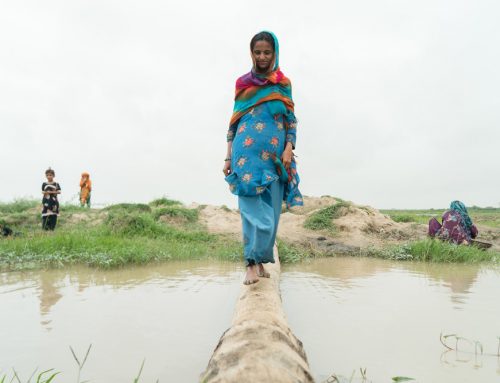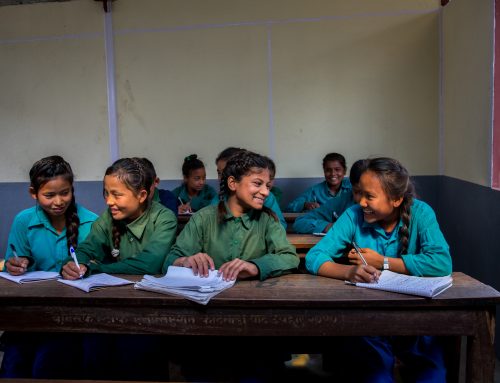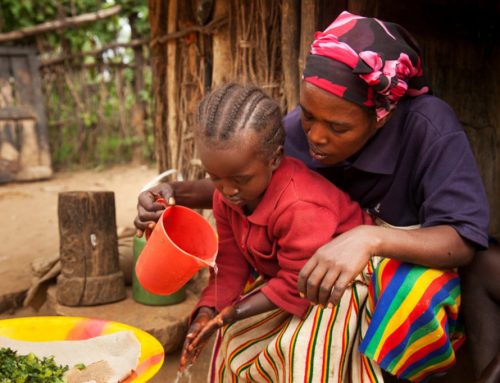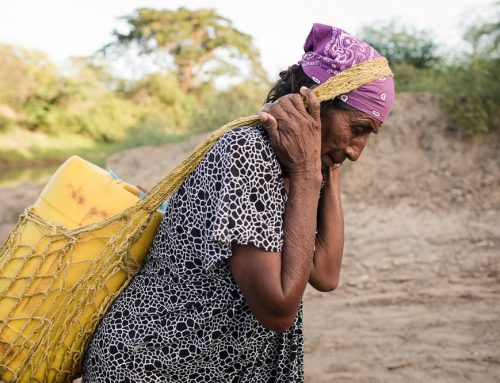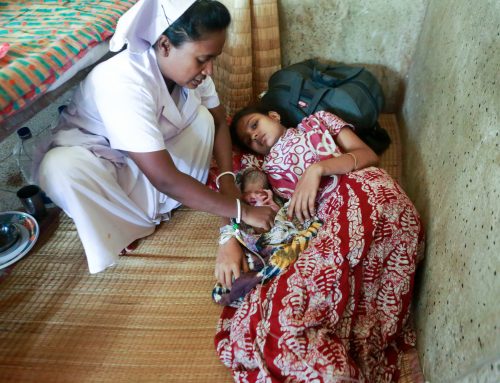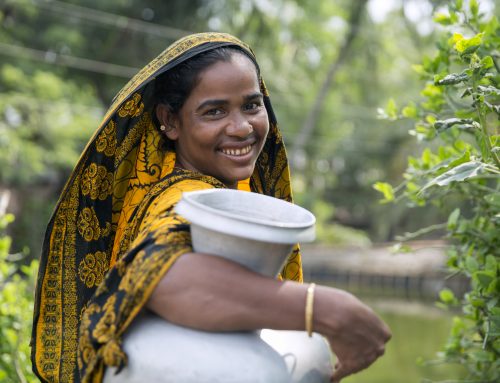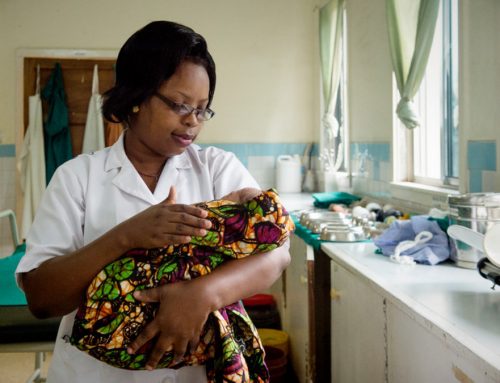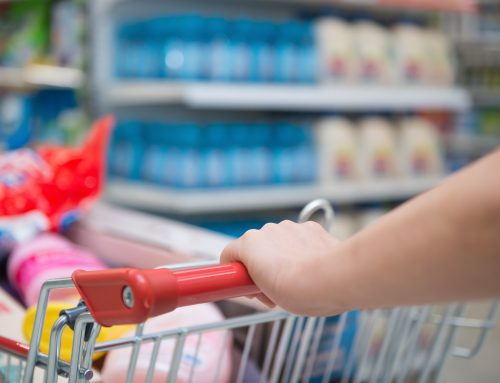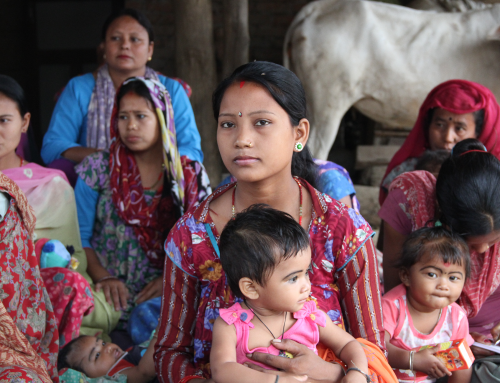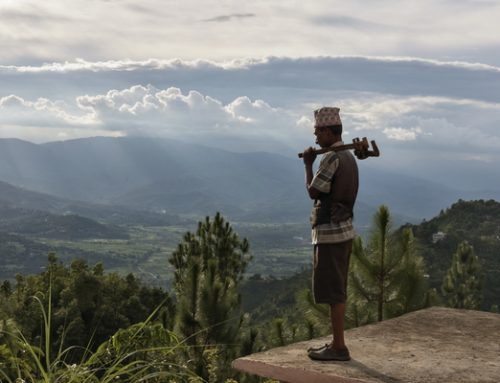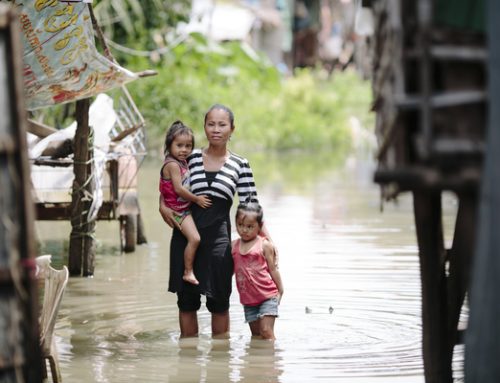WaterAid-commissioned research shows that billions of dollars pledged to climate change financing have not been dispersed, and that little of the funding is going to the world’s poorest countries which are most in need.
The study, ‘Climate finance and water security’, based on research by Oxford Policy Management, found that between 2003 and 2014 developed nations approved US$21.1 billion in climate finance. However, just 15% of that – $3.1 billion – has been disbursed.
The study finds that countries in Sub-Saharan Africa, which have contributed least to global greenhouse gas emissions, are receiving less than 2.5% of overall climate funding for their own efforts at climate change adaptation, despite evidence to suggest that the region will be among the most vulnerable to climate change-related drought, floods and heat waves which will compromise supplies of both water and food.
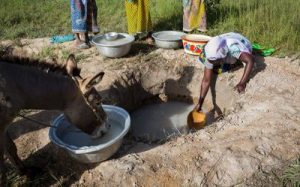
A woman collecting dirty water from a hand-dug well in Nabitenga, Burkina Faso – often the only source of water during dry season when the rivers dry out.
Just 16% of overall climate finance is being used for adaptation programmes; the vast majority of overall funding is being spent on carbon-reduction activities in middle-income countries.
More alarming is that, despite overwhelming evidence linking climate change to threats to water security, only a fraction of climate finance is used to help ensure access to clean water, sanitation and hygiene. This access ensures better health and reduces incidence of disease after extreme weather events, which are expected to increase due to climate change.
There are several reasons for this lack of progress. On the supply side, once funds are promised programming requires time, and the confusing and evolving funding architecture does not help. On the demand side, even when countries successfully make the case for funding they may not yet have the institutional structures and systems in place to make the most effective use of the money, resulting in delays.
Tracking reported disbursement is also a challenge, given the high number of donors and implementing partners involved.
But the need remains urgent. Calls led by the V20 – the 20 nations most vulnerable to climate change – to include financing for adaptation to climate change, along with mitigation that slows the pace of climate change, have not been addressed, although they are expected to be discussed in Paris later this month.
More than 650 million people in the world do not have access to clean water and 1.2 billion live in areas of physical water scarcity. These people will all be made increasingly vulnerable as their fragile water sources are further exposed to climate-related threats.
Developing countries need support to help them cope with the rapid changes in environment and climate, so they can create adaptation programmes and develop the capacity and expertise to implement and manage them effectively. Often the countries most in need of such programming do not yet have the expertise to put it into practice.
Climate change is a water issue
Louise Whiting, WaterAid’s Senior Policy Analyst on Water Security and Climate Change, said:
“First and foremost climate change is a water issue. In fact, we could even call it ‘water change’. Droughts, floods, cyclones and salty groundwater are all projected to get much worse in a changing climate. Poorer nations are most susceptible to this, yet are at present receiving the least funding to help them cope and adapt to these changes.
“The climate path we are on now means an end to development – an end to all progress on extreme poverty. For families living in extreme poverty, with fragile access to safe water, good sanitation and hygiene, these lengthening dry seasons and intensifying monsoons wipe out years of work and further entrench the cycle of poverty. Safeguarding basic services including clean water, sanitation and hygiene helps communities recover faster and become more resilient to climactic extremes.
“National governments in developing countries need more support in designing and implementing projects to help eradicate poverty while building communities’ resilience to climate change, as well as financing. Leaders at this month’s crucial talks in Paris must not forget the world’s poorest, and include a strong focus on helping them to adapt to this challenging new reality.”
The report cites Bangladesh, Ethiopia and Zambia as specific examples of nations especially vulnerable to climate change. Bangladesh will see its mean annual temperature rise by 1.3 degrees Celsius, which could increase the size and frequency of floods, droughts and cyclones and put 38 million lives at risk by 2050. The mean annual temperature in Ethiopia will increase by as much as 3.1 degrees Celsius by the 2060s, potentially increasing severe droughts and flooding and resulting in an increase in malaria, desertification of the land and stress to the water and food supply. And Zambia is expected to see its mean annual temperature increase by as much as 3.4 degrees Celsius by the 2060s, resulting in more extreme heat and drought, and a serious impact on agriculture.
What can be done?
WaterAid is calling on leaders to:
- Commit 50% of public funding for climate change to adaptation programmes, up from the current 16%, to reflect the great challenges the world’s poorest nations face through extreme weather patterns due to climate change.
- Pursue an agreement that urgently and drastically reduces global carbon emissions, because ‘business as usual’ will reverse decades of development and progress.
- Make sure climate finance targets the needs of the world’s poorest.
In September, world leaders launched new UN Global Goals for Sustainable Development. Achievement of Goal 6, to deliver universal access to water, sanitation and hygiene, is essential to the eradication of extreme poverty and creation of a fairer, more sustainable world, particularly in light of the challenges posed by climate change.
This autumn WaterAid is leading an initiative to build international partnerships so that more climate finance is dedicated to helping communities with fragile access to water, sanitation and hygiene, to improve their water security and climate resilience.
